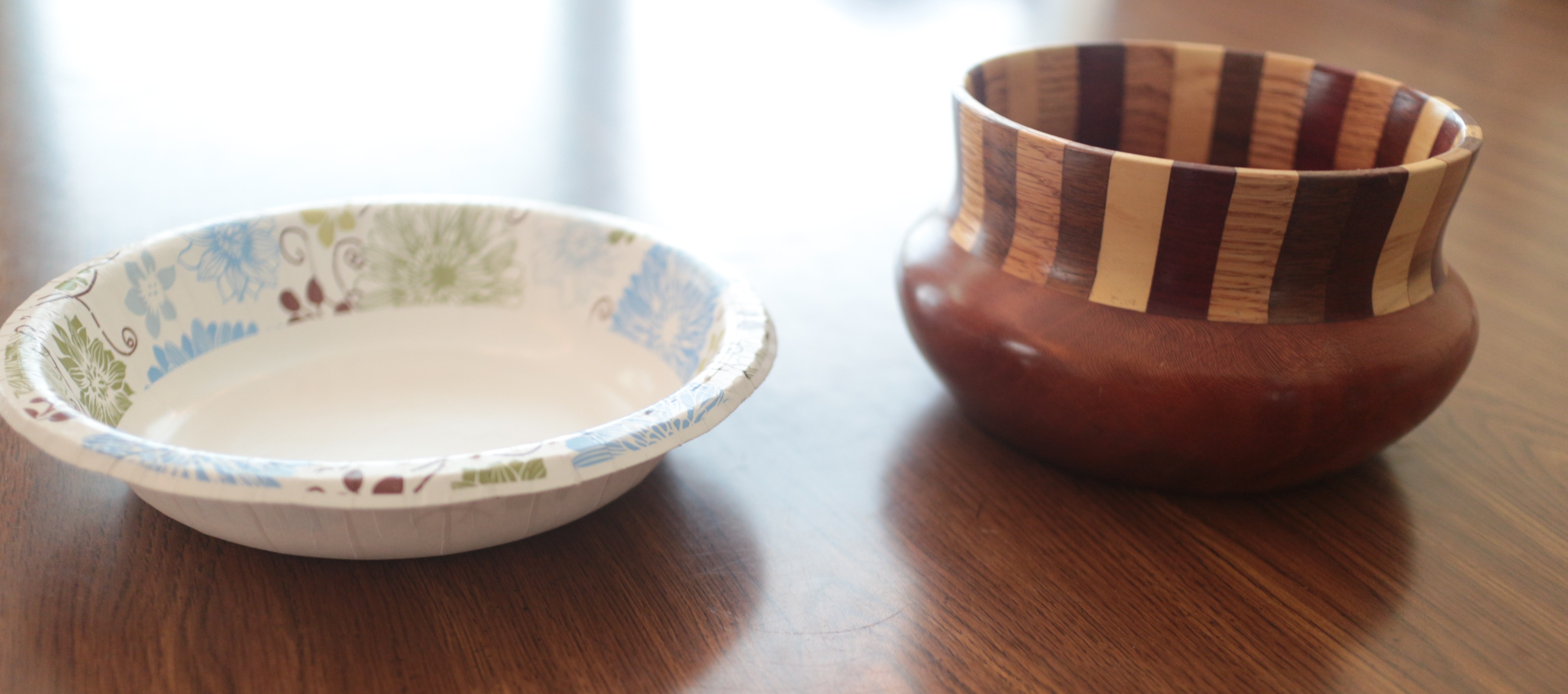We live in a world of disposable things. Styrofoam cups, paper plates, plastic bags–you’ll probably find at least one of these in every house in America. While there’s a long-term option, these offer a certain convenience. No need to protect them, no worry of damage, no obligation or responsibility.
Every so often we “upgrade” our phones to get a new one. The longevity of one of our most prized possessions is rarely longer than two years. We don’t attempt to fix or restore, just get another. Same thing goes for your TV, vacuum, camera, furniture, clothes and likely countless other items.
We see and experience a lot of transition. We move more often and are greater distances apart. We hold more jobs in the first five years of our career than our grandparents had their entire life. We have the technology at our fingertips to “connect” with anybody at anytime and more options than ever before with how to live our lives.
But how does this impact our relationships? Our friendships, our jobs and our communities? If almost everything in our lives is replaceable, when do we learn to value, respect and cherish what we have? How do we shift our disposable mindset to long-lasting, committed relationships?
Instead of disposable, committed relationships means both parties pledge to make it work and work things out. The kind of relationship that starts great, but when something goes awry, you stick with it anyway. You decide to struggle through and mend what was broken. (Band-aid fixes and shallow apologies are far from real repair.) There’s trust and grace and communication, but when those fail, you try again. You see the value in what was and what can be.
Sure, a fresh start seems easier and has a greater appeal than wading through the mess. Yes, there are times when moving on is natural or absolutely necessary. But more often, I think we get scared. We protect ourselves from heartache by never really committing in the first place. We give up when it gets hard or complicated. We avoid the tough conversations or the truth. We write off anyone that has ever hurt us. We walk away, find someone new and then do it all over again.
Often, we want the ease and comfort of relationships, but none of the work. In the end, we have more acquaintance-level relationships than we can count, but no one we trust to share our hopes and dreams, fears and failures.
Commit to the work. Agree to the hard part. Struggle through the awkwardness. Reach out with the truth or an apology. Find the middle ground. Be willing to open up and also ask questions. Invest, mend and restore. Build relationships but don’t discard them. Make the effort. Don’t give up.
